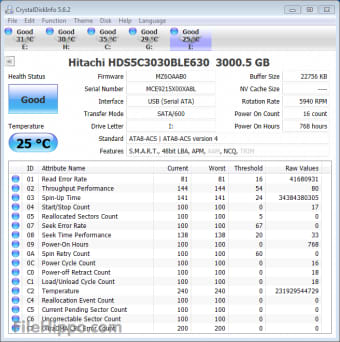
Let's retire BlackMagic's Disk Mark and embrance Amorphous Disk.As already mentioned, Crystal Disk Mark is free and open source software, which was developed for computers with operating system Windows. There's plenty of aspects that aren't covered, such as latency, burst performance, power consumed, and mixed random read/writes, but this is a massive step in the right direction for gauging SSD performance on macOS. Also, CrystalDiskMark measures IOPS (Input/Output Operations-per-second), which is similar but also a different measure of disk speed. Usually, an OS wouldn't have that deep of a queue, but the Q1T1 does mimic a singular request. The default depth is pretty high for the test. CrystalDiskMark tests random reads and writes both as queued requests and single requests. Random Read and Write tests are as important, if not more so, as many SSDs can deliver fast maximum continuous read and writes but much less so for random small data blocks. This is useful but only measures one aspect of an SSD, and doesn't necessarily mimic accurately how most disk interactions occur. So why am I always complaining about BlackMagic Disk Speed TestīlackMagic's Disk Speed Test only tests one thing, continuous throughput. While it isn't a direct port, it's heavily inspired by the famed and loved Windows utility, CrystalDiskMark. The first commenter on FaceBook pointed out that we finally have a good disk benchmark utility AmorphousDiskMark.

Awhile back, I made a video about USBc and the classic Mac Pro but lamented yet ago the terrible benchmarking on macOS.


 0 kommentar(er)
0 kommentar(er)
